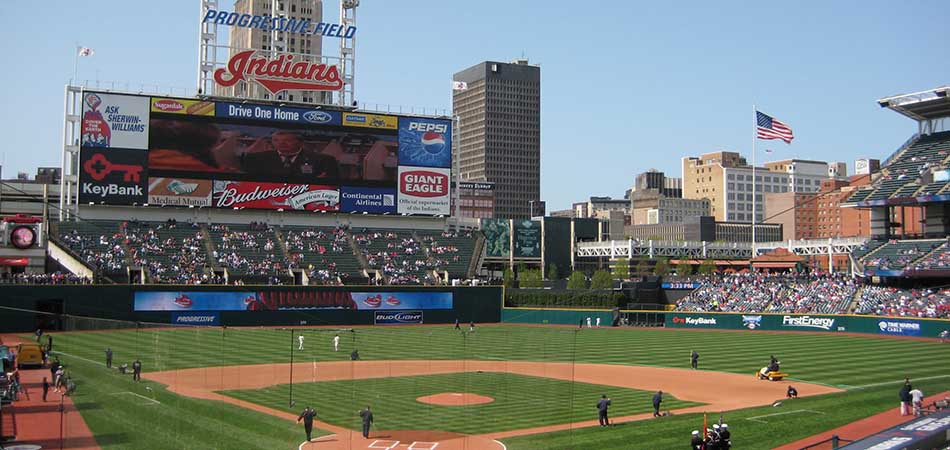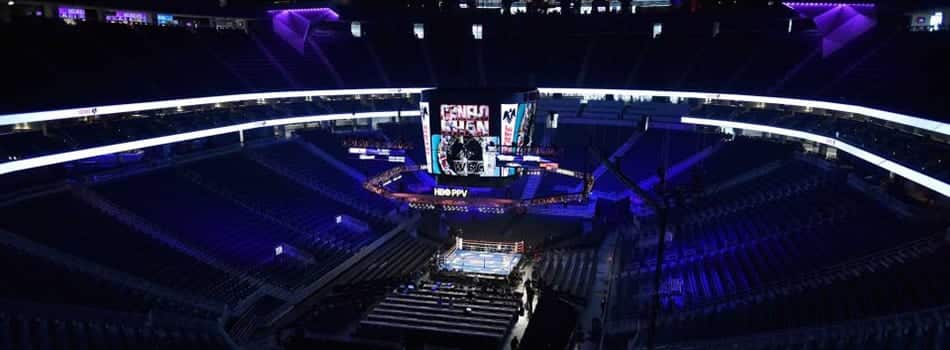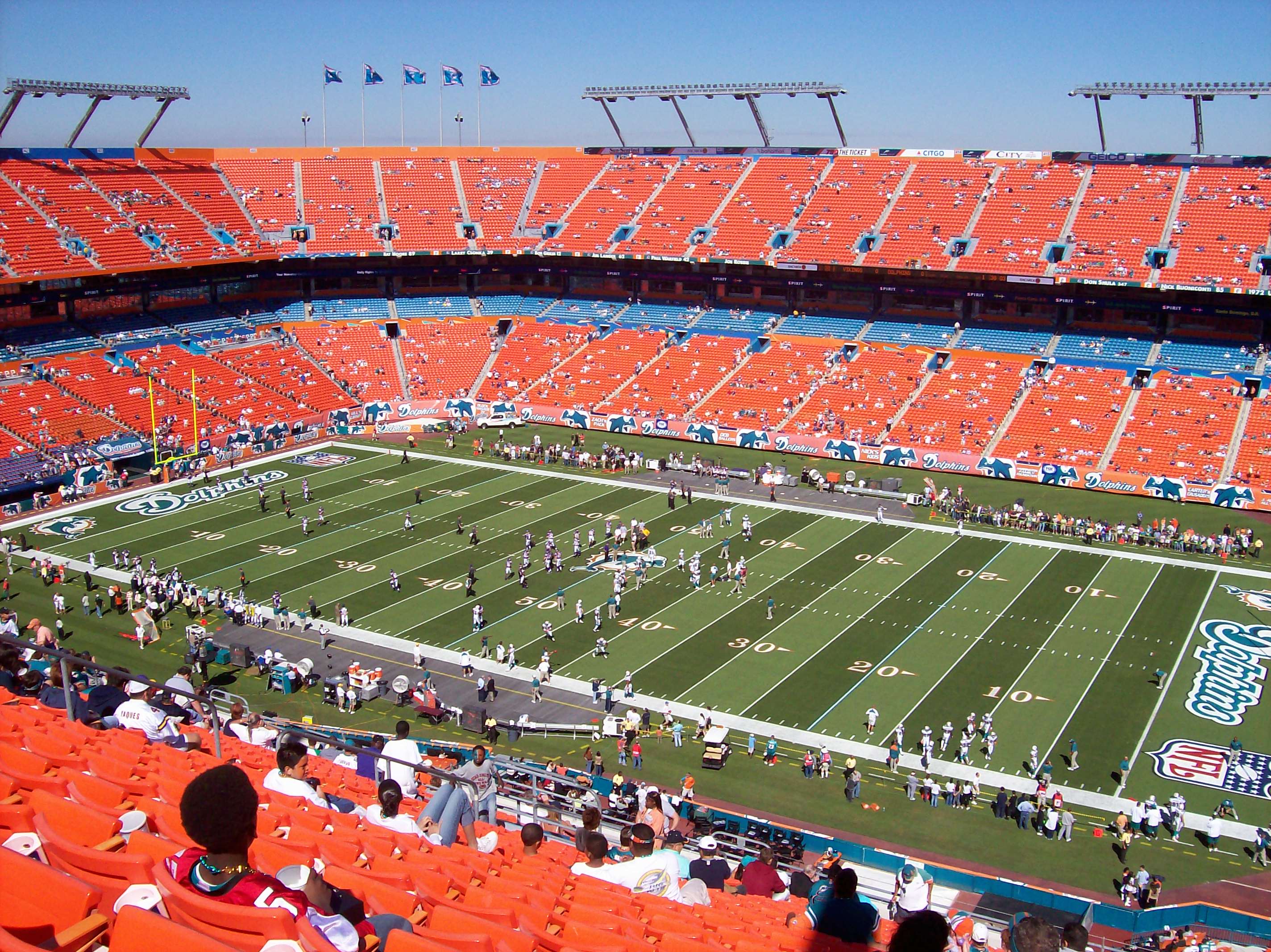by Gary Adler, Special to TicketNews
In the multi-billion dollar ticket market the competition is fierce. Live events engender consumer passion that is rarely matched in other industries, especially for hot events.
However, the reality is not every game or concert tour is a blockbuster where demand outweighs supply multiple times over resulting in immediate sell outs. For many years and still today, professional ticket brokers play an important and valuable role as investors in events when they assume financial risk of unsold or undersold ticket inventory, and work to sell their tickets and fill seats.
The marketing strategy of the cruise ship industry is for every ship to leave port full, and to do that, it means having more than one channel through which to sell cruises. Ever wonder why travel agents are still thriving? This is why. A similar strategy applies to tickets for live events. Beyond the teams, box offices, fan clubs, and Ticketmaster, there are others including professional ticket brokers, who work to fill every seat. An empty seat is more than a lost ticket sale. It’s one less person cheering their team or musician, buying merchandise or visiting concessions. Season ticket holders often begin as one-off fans who enjoyed their experience so much that they want to come back for more, and maybe enjoy some of the additional perks that come with a season package. And often times, the experience began with a ticket broker.
The secret in the ticket business that no one likes to talk about is this; ticket brokers are an important part of the equation in filling the millions of seats that need filling every year. Being a professional ticket reseller involves hedging against the risk of financial loss by agreeing to buy tickets early for the chance to make a profit should a willing consumer pay a higher price before the event date. It’s sort of like people who flip homes or cars. Unfortunately, it’s not the most popular of professions because critics narrow-in on the times when supply and demand results in high priced tickets on the secondary market, ignoring the reality that some 40% of tickets on the resale market sell below face value. This reflects the passion of the world of tickets. People want tickets, and when they want them they want them badly. When demand is off the charts making things difficult, they want to assign blame. Because of this, brokers have become a scapegoat for all the problems and frustration experienced in ticketing when in reality there are much bigger forces at play to blame or at least share in the blame. Consequently, relationships with brokers have become the unspoken-of aspect of the ticketing system. It doesn’t mean, obviously, that the online resale exchanges including Ticketmaster don’t want our brokers’ inventory listed on their sites, of course. Business is business, after all.
This comes from Live Nation/Ticketmaster’s annual report:
We currently offer ticket resale services, sometimes referred to as secondary ticketing, primarily through our integrated inventory platform, league/team platforms and other platforms internationally. We enter into arrangements with ticket resellers to post their ticket inventory for sale at a purchase price equal to a ticket resale price, determined by the ticket reseller, plus a pre-determined service fee to the buyer.
At our annual conference this summer, I was pleased to hear teams, venues, StubHub, Ticketmaster and others reaffirm their appreciation for the role of professional ticket brokers. It was a brief respite from the public feud that plays out every day. When tickets go on sale and don’t sell out, the issuers who choose to work with brokers can be made financially whole by working with the secondary industry and selling their unsold inventory to resellers. Sharing in the risk of filling seats for shows and games is smart economics.
We organized the NATB almost 25 years ago to ensure certain consumer protections were put in place and honored, particularly guaranteeing purchased tickets. When I am asked if we mind when our members are called “scalpers” I answer the question with my own set of questions. Would a random person flipping tickets have an office with employees where you could go if you have a problem? Would a “scalper” provide white-glove service in their local market to help you get the tickets you want and offer to help with travel, transportation, or restaurant needs? Would a “scalper” offer a 200% refund guarantee on your purchase? Obviously, a scalper would not. Rogue scalpers are risky and consumers should avoid them. Ticket brokers, on the other hand, are professional ticket resellers. Hundreds have become eligible for membership in NATB. Many members of NATB have been in business for decades, have long-standing business relationships with teams and promoters, employ staff, and utilize state-of-the-art marketing tools to help match consumers with tickets, and fill seats. NATB helps new entrants into the industry conduct ticket resale with integrity, while navigating through new and emerging issues whether they be national or local in scope.
There is a lot going on today in the ticketing system. Unfortunately, the spirit of collaboration is fading. Some in the primary arena are blinded by the quick profit potential of the blockbuster sell-out tours or the hysteria around championship games, and as a result they are trying to restrict ticket resale unless it’s under their own terms. For instance, some will limit resale through a system where they can double dip and force ticketholders to pay more fees for the privilege of reselling their tickets even though they already paid these fees in their initial purchase. This is just one small example of many. But it’s an important one. Fans turn to social media to cry foul when it comes to those hefty fees Ticketmaster applies on top of the ticket price, but the truth is, these fees are the bread and butter of the ticket behemoth’s business model. Last year alone, Ticketmaster’s ticketing business generated $1.8 billion, or 22%, of the company’s total revenue, and this figure EXCLUDES the face value of tickets sold. Fees are big business.

Hot teams (like Cleveland was this year) often forget how much resellers help business when things are slow.
When ticket resale is locked down, or altogether restricted, it usually has the opposite of the desired effect. This constraining results in grossly inflated prices on the inevitable and always present secondary market. Think about it, if dealerships tried to prevent you from selling your car, it doesn’t mean pre-owned cars couldn’t be found, it just means the cost of doing business and therefore the cost of those cars would go up.
The importance of live events to performers and teams is increasing, which has distorted the symbiotic nature of the primary and secondary markets. It has attracted many newcomers in the primary market to help manage this growth, and I have found some of these newcomers – while smart and capable – lack the benefit of historical knowledge when it comes to multi-channel ticket distribution, including an open resale market with brokers who will sell tickets to fill seats, and protect the consumer’s purchase as if they bought it during the on-sale.
I commend those who value their business relationships in the secondary system and encourage others to put the rhetoric aside and consider the benefits of having others share risk and work with them to sell tickets and fill seats at their events.
Gary Adler is the Executive Director and General Counsel of the National Association of Ticket Brokers and is a partner with Clark Hill PLC, in Washington DC. He has been involved with NATB since its inception in 1994 and serves as the association’s chief spokesperson. He can be reached at [email protected].





